The geographic region of the Indian Ocean has greatest importance for the development of civilizations of mankind. Within its fringes the earliest three civilizations of the third millennium BC, the ones of the Euphrates- Tigris, the Nile and the Indus Valley developed. All three developed their own, independent writings, their own religions and their different ´states´. As Vere Gordon Childe described already in 1936, the earliest inter-regional trade took place by boat between the eastern Arabian Peninsula, Mesopotamia and the Indus Valley. As can be understood by recent research, the ´revolution of transport´ as change from land transport to water transport took place in those times, laying foundation to the enormous development by water transport for more than almost five thousand years, extended and optimized by the ´transport systems of the ´Industrial Revolution´ only since the 18th century AD.
The geographic region of the Indian Ocean also was the cradle of some of the great world religions, e.g. Hinduism, Buddhism, Christianity and Islam from where they spread all over the world.
Scientifically speaking its greater region with the extent to the east also was the center of development of science.
There is no doubt that the later extent to the Mediterranean to the north and to South-East Asia new centers of development appeared. The connections by boat from the Mediterranean
However, after the conquer of the Christian Constantinople in 1453 AD by the Ottomans, the land-route to China (Silk Road) known since Roman times became inaccessible to European traders. One of the results was the search for new ways to India and China: 1492 Christopher Columbus, stimulated by the re-discovery of the world being a ´globe´ sailed west, instead of east to discover ´India´ and discovering America, in 1947-8 Vasco da Gama finally sailed around Africa and thus finally found the sea route to India and shortly later also around the Indian sub- continent to China.
While for long time the connections by sea between the different societies involved around the Indian Ocean were primarily economy oriented, with the appearance of the Christian Europeans the picture changed dramatically: Already in 1506 the Portuguese conquered along their sea route strategically important ports in Africa, the Arabian Peninsula, India and Sri Lanka, destroying boats and blocking local trade to take over.
Since then the region of the Indian Ocean turned into a large battle region not only between European invaders and local communities but also between the European economies themselves.
With the collapse of the Ottoman Empire (WWI) and with the intervention of Western interests into the distribution of Oil the Indian Ocean region again became the focus of world interests. After WWII, when the more of 500 years colonial dominance officially ended, new regional economic/ political interests established, keeping the Indian Ocean region in a critical condition.
The latest conflicts only can be understood as a result of the intervention of Western interests which began in 1497.
The Research Center Indian Ocean has been established in Muscat/ Sultanate of Oman as one of the major hubs of the Indian Ocean inter region. Affiliated to the newly founded German University of Technology (GUtech), Muscat, it intends to continue research of RWTH Aachen University of Technology which, partly in cooperation with UNESCO, has been concentrating on projects in Pakistan, Afghanistan, central Asia and Oman itself.
It is the desire of this Center to be a hub of scientific work carried out within the region of the Indian Ocean. Presently four core areas of research have been identified being closely interrelated and which cannot be looked at isolated: research in heritage, science development, humanities and, finally, human resources.
A major aim is to serve as a communication platform of what is recently going on in these core areas.
Presently the center begins with the core area ´heritage´.
It is planned to hold annually workshops at GUtech to bring researchers together and to exchange opinions.
In addition, RIO aims to do research itself and to be a useful platform to be of use for different institutions involved in topics of the region.




